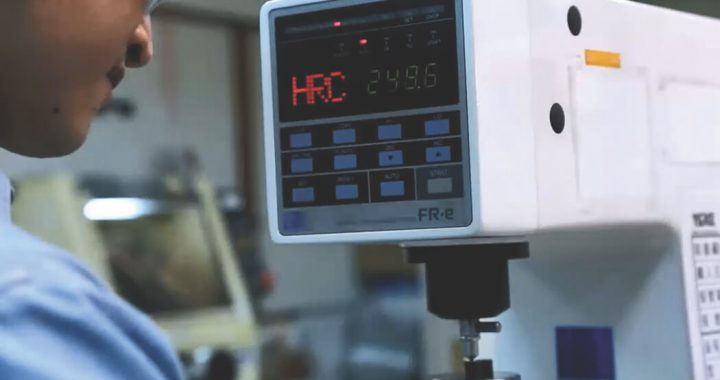Safety Reminder from YOKE – The Importance of Steel Hardness
Did you ever consider the hardness of the materials you use in your everyday lifting and why the control is so crucial to material performance? What would happen if we did not understand or pay any attention to it?
Hardness control has been well known for thousands of years, by metal workers who had to bend or shape steel, be that an axe head, sword or high-performance lifting component. The development of this knowledge and chemistry drives the material performance improvements required for YOKE lifting points used in the market today.
Choice of material hardness characteristics, with other critical steel properties assists the user to reduce the risk of failure in service, including controlling commercial and legal implications.
Bolts used in swivel lifting points are used in heavy industry, manufacturing, aerospace, renewables and other critical applications where failure could result in injury, loss of a load and serious financial and environmental consequences.
All materials that have been heat treated, quenched and tempered needs to undergo hardness testing to ensure conformance with product standards (i.e EN1677-1) and any third party specification such as DGUV Germany.
In the table below you can see that YOKE recognise the maximum hardness of their lifting points as a key consideration into the performance of this critical lifting component. It is especially valid when working in marine environments, offshore applications and in elevated temperatures.
Please note in some manufacturers bolts, working above 100°C can have an immediate impact on reducing the WLL especially when working in critical environments, its vital you read their safe use instructions and make the right choice.
Safety is YOKE’s first priority. More information on www.yoke.net


